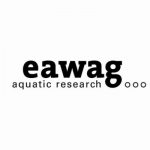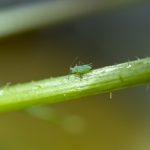The department of Systems Analysis, Integrated Assessment and Modelling at Eawag is offering a scientific support position (70 – 100 %) for GIS and Geodata (m/f/d). The position is initially limited to 3 years with the potential of being made permanent.
Continue readingScientific support position for GIS and Geodata








